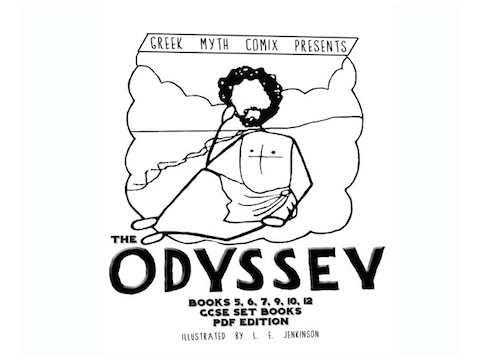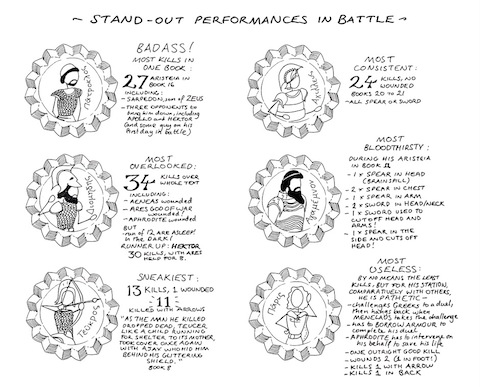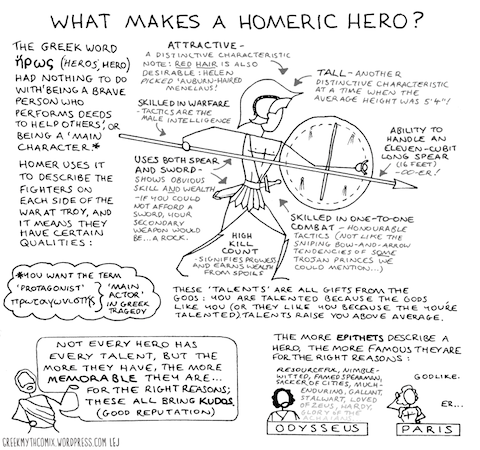Orson Welles once claimed that Gregg Toland, cinematographer for Citizen Kane, taught him everything he needed to know about shooting movies in a half hour. Director Robert Rodriguez — who started off as the poster boy for ‘90s indie cinema and is currently making a healthy living turning out movies like Sin City: A Dame to Kill For – claims that he can reduce that time by a third. In 10 Minute Film School, which you can watch above, Rodriguez quickly hits on some of the key points of movie making while espousing the same rebel DIY spirit that made him a success. Remember, this is a guy who made a feature film, El Mariachi, for $7000.
Rodriguez’s basic philosophy doesn’t dwell on learning the fine points of Aristotelian act structure or the technical nuances of the Red camera. He just wants you to start shooting stuff. “Don’t dream about being a filmmaker,” he proclaims in the video, which looks like it was shot some time during the Clinton administration. “You are a filmmaker. Now let’s get down to business.”
He tells aspiring filmmakers to become technical — learn the tools of the trade. If you don’t, you might become overly reliant on the techies who may or may not be interested in realizing your vision. He also doesn’t put too much stock in screenwriting books like Save the Cat. “Anyone know how to write?” he asks the audience. “No? Good. Everyone else writes the same way. Start writing your way. That makes you unique.”
He also advises against storyboards. “Make a blank screen for yourself and sit there and watch your movie. Imagine your movie, shot for shot, cut for cut…Write down the shots you see and then go get those shots.”
The video shows its age when Rodriguez starts to talk about equipment. No aspiring filmmaker aside from a celluloid fetishist is going to shoot a first feature on 16mm when cheaper, easier digital cameras are available. Yet the core of his message is still valid. “You don’t want anything too fancy,” he states over and over. Fancy equipment makes for lifeless, dull films, lacking in that reckless, adventurous spirit of the newbie moviemaker.
Essentially, Rodriguez wants to keep the “independent” in independent filmmaking. Just as he tells his charges to get technical, Rodriguez also tells them to keep their budgets low. The more money a studio sinks into a production, the more they can dictate how that money is spent. Rodriguez had a guitar case, a turtle and a small Texan town at his disposal when he was starting out, and, with that, he strung together the story of El Mariachi. In the 20 plus years since, Rodriguez has maintained creative control over just about all of his movies.
One final note. “Don’t bother going to film school,” he says. As someone with an overpriced MFA in film, I have to say that he’s probably right.
via Filmmaker IQ
Related Content:
Tarkovsky’s Advice to Young Filmmakers: Sacrifice Yourself for Cinema
Filmmaking Advice from Quentin Tarantino and Sam Raimi (NSFW)
Jonathan Crow is a Los Angeles-based writer and filmmaker whose work has appeared in Yahoo!, The Hollywood Reporter, and other publications. You can follow him at @jonccrow. And check out his blog Veeptopus, featuring one new picture of a vice president with an octopus on his head daily.






